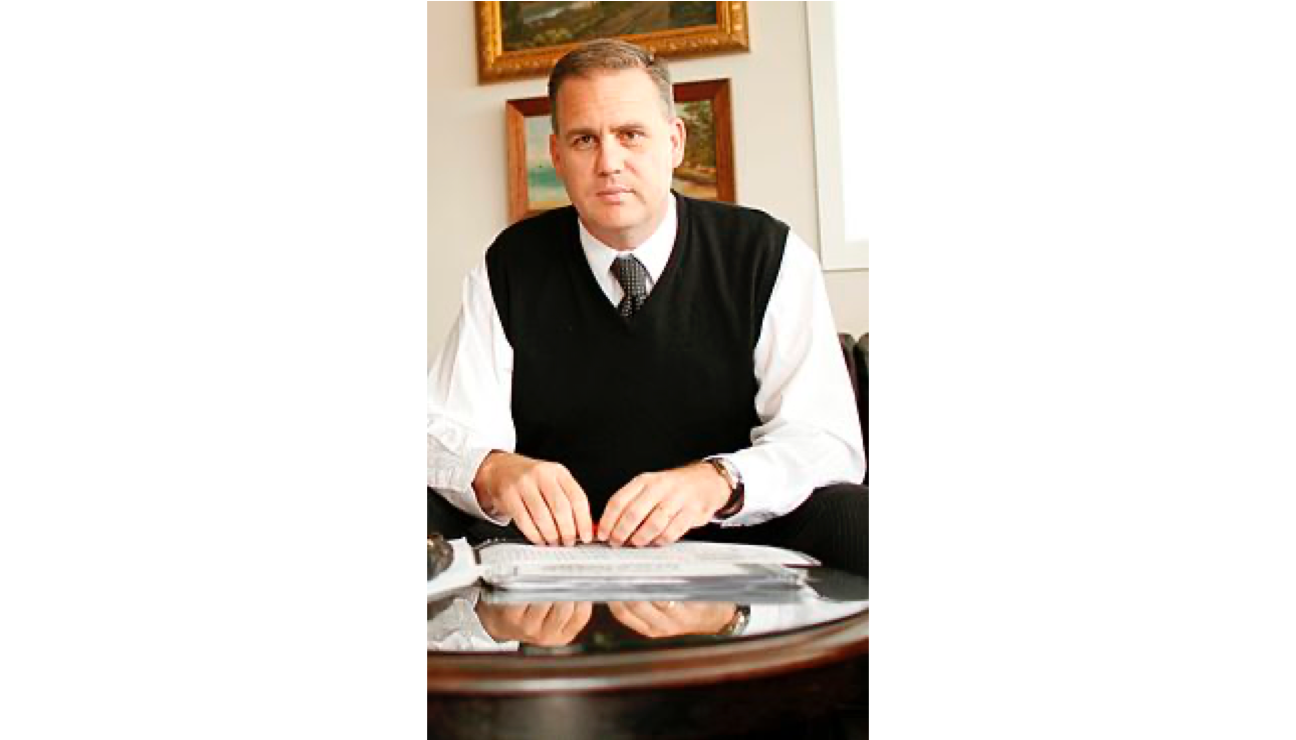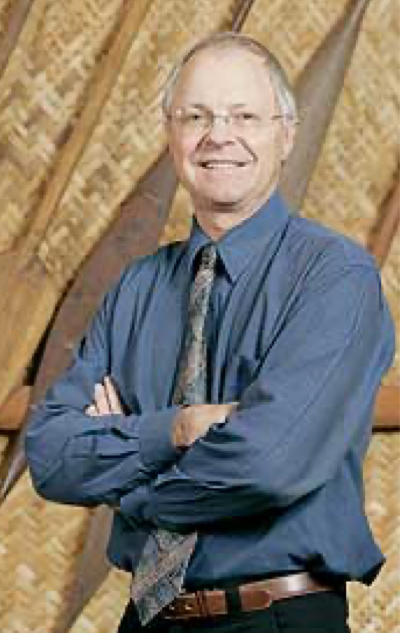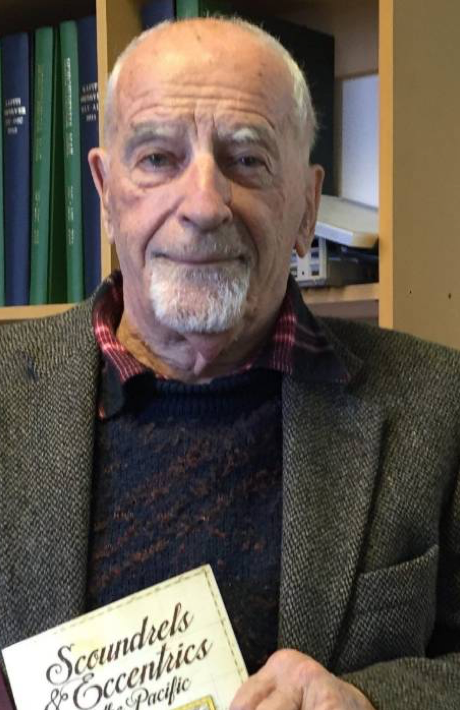‘Navigators & Naturalists’ – the verdict from leading historians
 This month, in the calm before the storm that will be Auckland’s local body elections, I thought I might put politics aside and return to the subject of my recent book ‘Navigators & Naturalists – French exploration of New Zealand and the South Seas 1769-1824’. I first wrote about it in my December column. Five months on, I think it timely to report on its progress.
This month, in the calm before the storm that will be Auckland’s local body elections, I thought I might put politics aside and return to the subject of my recent book ‘Navigators & Naturalists – French exploration of New Zealand and the South Seas 1769-1824’. I first wrote about it in my December column. Five months on, I think it timely to report on its progress.
The first thing to note is that while it is very selling well, especially for a hard back, apart from a RNZ interview, there has not been a huge amount of coverage. The NZ Herald ‘Canvas’ did review it in a few sparse lines which were at least positive about the book, however, the Herald’s Brian Rudman was much more so in his weekly political column, describing as “fascinating”.
“‘Navigators & Naturalists’ is a “rollicking good read. And more to the point, it’s our history.” However the ‘Otago Daily Times’ was the only newspaper to do a full review. Political reporter Michael Houlahan described the book as ‘thrilling’ and wrote “In this large and lavishly-illustrated volume, the former chairman of the Auckland Regional Council makes a compelling case…However Lee has his own insights and own voice…As a biologist Lee is outstanding in recognising the ground breaking work of French botanists, zoologists and scientists. He also has the flair to bring these long ago voyages to life…”
And this from a wonderfully generous email sent to me in February by Professor of History and author Paul Moon: “I finished your book on Friday, and if you don’t mind, I thought I would share my impression of it with you. Production-wise, it’s wonderful, but its real contribution and worth lies in the quality of its scholarship. This is an extraordinary work in many respects. It effectively offers readers a new dimension of the country’s early colonial history, and provides a specifically French complexion as a counterpoint to the Anglo-Saxon one we’re more familiar with. The writing style is ideally suited to the content, and the sheer quantity of detail means that it will become a crucial resource for scholars from this point onwards. It also advances our perspective of the periods covered. In this sense, it is not only an account of the French in the region until the early 1820s, but also is a work that shapes how the encounters between Maori and Europeans are understood more generally in the era.”
And in late March I received another generous commendation from Emeritus Professor Kerry Howe, Pacific historian, yachtsman and author: “I’ve just finished your book. I want to say how much I enjoyed it, and how I think it is such a great contribution. Its strengths are many. And, in no particular order, I think the main ones are these:
– I really like your approach à la Ruskin re eye-witness accounts. You bring, in a sense, a fresh eye, one not pre-clouded with the academic baggage of postmodernism, or the latest political correctness. You see, and narrate, what the French saw. It remains your narrative but avoids the charge of selectivity by virtue of extensive quotations from so many different observers of the events. So I feel there’s a wonderful rawness, freshness, and richness of detail, not mediated through fancy pants theories and assumptions.
– and in so doing, there’s a wonderful forensic quality which brings out so many new angles and so much novel information. I guess there are several historians of early NZ who are well aware of a generalised early French presence on our coasts, but nothing like the detail, and also the broader geo-political context that you are able to paint. We all tend to look in one direction, and from one vantage point, and you so effectively challenge this by looking from somewhere else, and at other historical players, and even other things
– speaking of forensic, your account of Marion’s death is simply masterly. I like the way you deal with and dispatch some current historical interpretations, and then you swing in with your own explanation as a coup de grace.
– and there’s the actual view from the sea and the beach. It is their words, but your understanding/empathy, your apparent intimacy with place and vantage point – esp. Doubtless Bay and the Bay of Islands. Only someone who sits on a kayak or some other small craft can get what I think is a real sense of such places…you capture, with your eye and use of documentation from people in those exact same places, the essence of the physical and cultural landscape. And your own naturalist background just enhances your novel/different approach.
So, a most marvellous piece of historical scholarship, but it is, to me, more than that. It’s an evocation of events that once were, but still help shape how we now think culturally, in places that still are.”
Finally I was greatly honoured to receive the following email from Emeritus Professor John Dunmore, CNZM, Legion d’Honneur. Prof Dunmore is the doyen and the world authority on the history of French exploration of the Pacific. Born 1923 in France, he received a BA from the University of London. He emigrated to New Zealand in 1950 and completed a PhD under the historian and Cook scholar J C Beaglehole in 1962 on the French contribution of the Pacific in the 18th century. He was Professor of French, Head of the Department of Modern Languages, and Dean of Humanities at Massey University before retiring in 1985. Prof Dunmore now aged 94 and is still writing and publishing.
“Dear Mr Lee, I recently completed reading your voluminous tome on the French voyages, and I would like to offer you my warmest congratulations on this impressive work. I was fortunate to find a copy in a local bookseller, as being somewhat retired these days, I was unaware of its publication until a few weeks ago, hence my slight delay in expressing my admiration for this work.
Sincerely,
John Dunmore”.
Navigators & Naturalists — French Exploration of New Zealand and the South Seas 1769-1824 is published by Bateman Books. Available at all good booksellers, RRP $69.99
A version of this article appeared in the May edition of The Hobson and Ponsonby News.







Reiterating my effusive congratulations to you on a wonderful read. Your book was engrossing and entertaining for me as an average reader. Thank you.
Jay Clarke
Thanks very much old friend.
Ahem! Please accept my apologies for the rather late response.
😊
Best wishes,
Mike